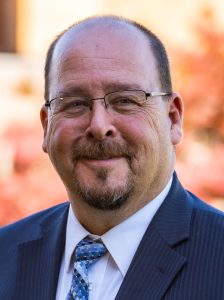In a time of rapid change, cultural shifts, and religious confusion, the need for Christians to get back to the basics has never been more urgent. The Church of Christ has always placed great emphasis on the foundational principles of New Testament Christianity, where Christ is the head of the church (Ephesians 1:22-23), the Bible is the sole authority (2 Timothy 3:16-17), and the simplicity of the gospel is preserved (1 Corinthians 15:1-4). Getting back to the basics means re-centering our faith and practice around God’s Word, restoring the original pattern for the church that was established by Christ and His apostles. Too often, congregations and individuals can become distracted by trends, traditions, or personal preferences that pull us away from the core mission of the church: preaching the gospel, making disciples, and living holy lives.

The call to return to the basics is not a plea for nostalgia or mere tradition, but a genuine effort to align our lives and churches with the will of God as revealed in Scripture. Worship should be focused, reverent, and scriptural; singing from the heart (Ephesians 5:19), praying fervently (1 Thessalonians 5:17), partaking in the Lord’s Supper each and every first day of the week (Acts 20:7), giving cheerfully (2 Corinthians 9:7), and preaching the truth in love (Ephesians 4:15). Evangelism must once again become central, not optional. Discipleship should be intentional, not accidental.
Ultimately, getting back to the basics is about renewing our love for Christ and His church. It’s about stripping away what man has added and returning to what God has commanded. When we do this, the church becomes what it was always meant to be, a light in the darkness, a city on a hill, and the pillar and ground of the truth (1 Timothy 3:15). Let us not be content with surface-level religion or the status quo. Instead, may we have the courage and humility to go back to the Bible, follow it faithfully, and walk in the footsteps of Christ. That is the true path forward, and the only way the church can thrive and grow in this generation and the next.
To God be the glory in all that we do! Renee and I love you dearly,
God Bless

Minister
Flatwoods church of Christ




